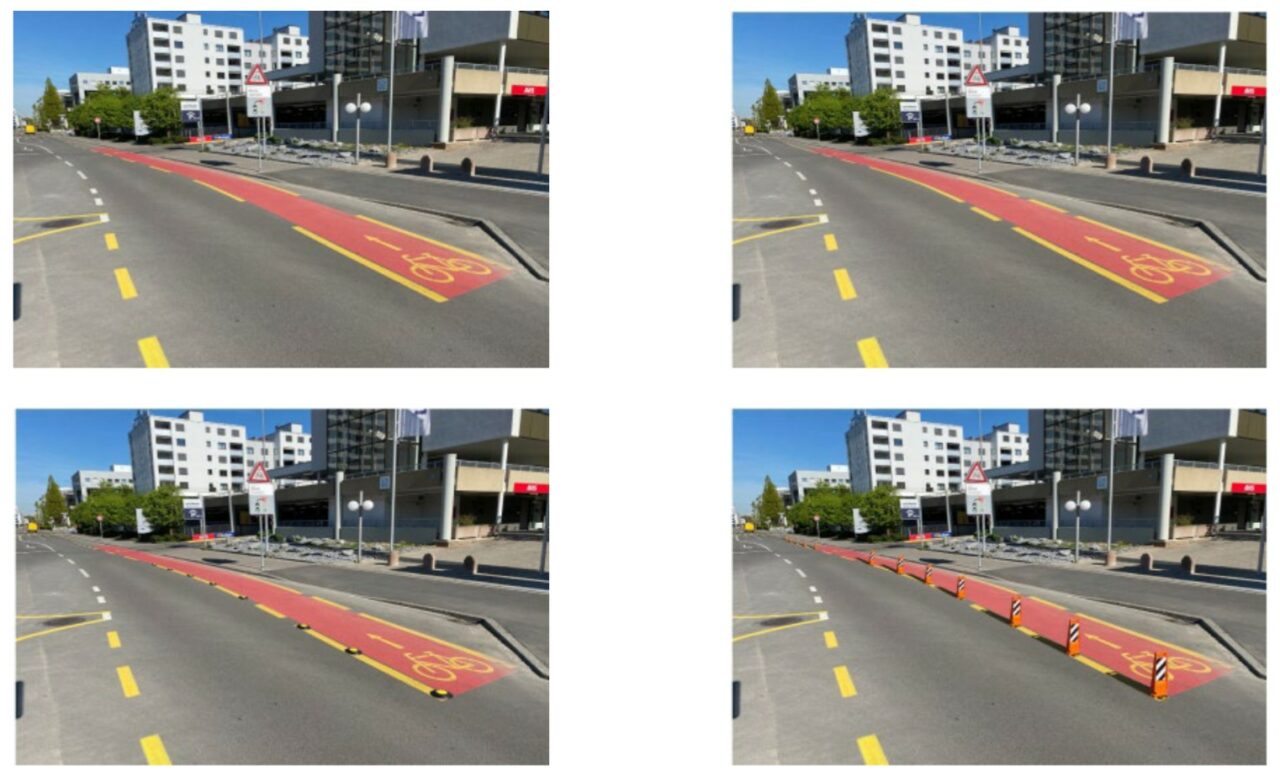
David Zani, Clemens Kielhauser, Bryan T. Adey
2023
ETH Research Collection
This paper explores the challenges in conducting Cost-Benefit Analysis (CBA) for urban cycling infrastructure. The authors discuss two key difficulties: determining the objective safety benefits and estimating the costs associated with implementing the infrastructure. To overcome these challenges, the authors conducted a study in Zürich, aiming to convert the relative safety of cycling infrastructure to absolute safety benefits, and assess the impact of new infrastructure on different classes of riders. They also classified different types of cycling infrastructure and estimated their approximate implementation costs. The authors found that despite the challenges, cycling infrastructure consistently has a positive net benefit. Under reasonable assumptions, the infrastructure pays off within two years and provides a benefit-cost ratio of 9 to 31. This suggests that the investment in cycling infrastructure is a wise decision for policymakers and urban planners, even with the difficulties in accurately determining the costs and benefits. The findings of this study can inform future CBA research on cycling infrastructure and contribute to evidence-based decision-making in urban planning.

